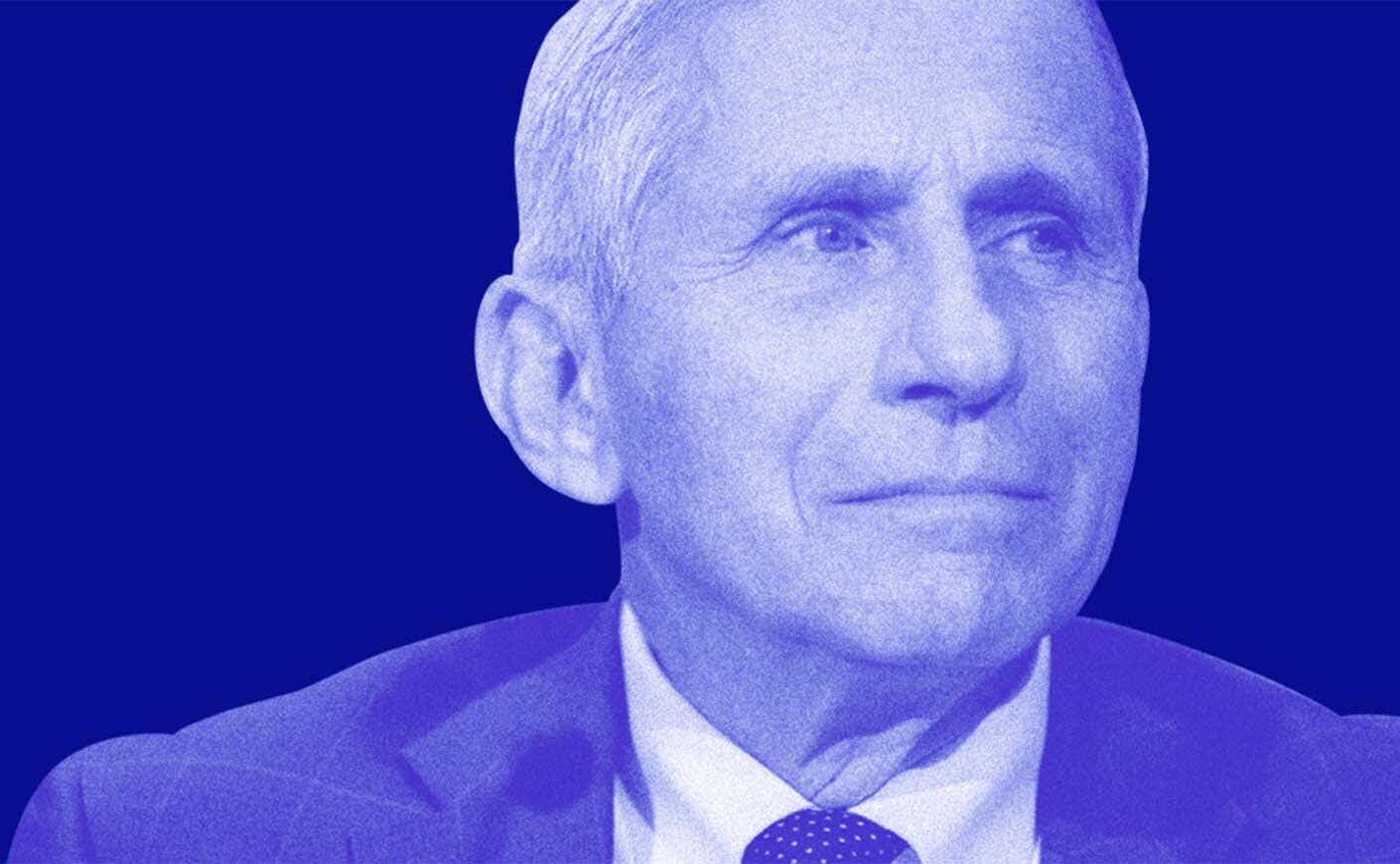More and more people worldwide are experiencing something strange and unpleasant: They're getting reinfected with Covid-19. What does that mean, exactly? The Centers for Disease Control and Prevention defines this phenomenon as getting sick once, recovering from the illness, and then later getting that same illness again.
What makes some people predisposed to getting Covid more than once? In a January 14th interview, Dr. Fauci told Katie that this can be attributed to the highly contagious Omicron variant, and that those who have already been infected with the other two variants — Delta and Beta — may be predisposed to getting infected again. “Omicron is re-infecting people who are infected with Delta and infected with Beta,” he says. “There's absolute data on that: If you are prior infected with a different variant, Omicron can much more readily reinfect you than the original variant that infected you.”
It's true: Unfortunately, immunity has been found to provide poor protection against Omicron, even though previous infections from Covid-19 are likely to prevent against severe disease. We all know that this dominant strain has significantly more mutations (36 to be exact) compared to other variants in its spike protein, which allow viruses to penetrate host cells and cause infections. This key biological characteristic cast more light on why Omicron is leading more reinfections, even in vaccinated people, compared to other variants.
Dr. Fauci believes that it’s also important to factor in where Omicron replicates in the body. In one study that hasn’t been peer-reviewed, researchers in Hong Kong found that Omicron multiplies as much as 70 times faster in the the passages leading into the lungs, compared to Delta.
“If you get infected in your upper airway and it goes through the lung and throughout the body," says Fauci, "you get a viremic state predominantly in the lungs. You can get very seriously ill. But getting the virus to be blocked from coming back into your upper airway, you really have to have the immune system concentrated at the upper airway, which is not easy to do when you have a vaccine that systemically is given to you.”
This multiple-infection possibility suggests the idea of waning immunity, according to Dr. Fauci. “I guarantee you people have been infected multiple times with these coronaviruses, but they are benign enough that you may just get some sniffles, a little sore throat,” he tells Katie. “It goes away in a day or two, but the immunity isn't profound, so when you get exposed again, you get infected. That's what we believe we're seeing with the pandemic.”
But these reinfections haven’t exactly come as a surprise. In fact, the CDC says they “are expected,” but that scientists are still trying to learn more about reinfections with the virus.
Does this mean people will need to further vaccine doses? Not necessarily. Though several studies indicate that a full course of vaccination plus a booster shot provides strong protection against an Omicron infection, Dr. Fauci says there needs to be more scientific data on how long this protection will last. “We do not know yet fully what the durability of the third booster shot of an mRNA and the second shot of a J&J are,” he says.
But Dr. Fauci did add that if more and more people who have the third shot are getting breakthrough infections, he does expect an eventual recommendation for another booster, which could come at a critical time. So far, roughly 18 million seniors have already received their booster shot after becoming eligible in the fall, meaning they could be due for another booster if it becomes available in the coming months. But this doesn’t factor in the possibility of yet another variant, which Dr. Fauci believes may present itself in the future.
“Without scaring anybody, there is a possibility that there will be another variant and we've got to be prepared for it,” says Dr. Fauci.









